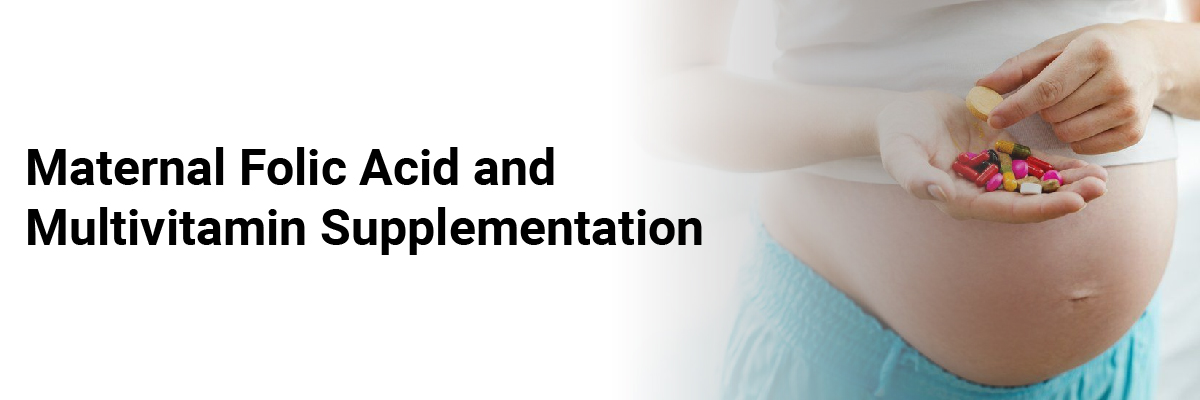
 IJCP Editorial Team
IJCP Editorial Team
Maternal folic acid and multivitamin supplementation
Evidence illustrates maternal intake, absorption, distribution, tissue-specific concentrations, and pregnancy outcomes with folic acid (fortification/supplementation) during preconception and the first trimester. The present study used expert guidelines/opinions, systematic reviews, clinical trials, and observational case-control/case series studies from 1990 to August 2021.
It found that the optimization for an oral maternal folic acid supplementation is complicated as it relies on the folic acid dosage, type of folate supplement, bio-availability of the folate from foods, timing of supplementation initiation, maternal metabolism/genetic factors, etc. Physicians still use high-dose pre-food fortification 'RCT evidenced-based folic acid supplementation for NTD recurrence pregnancy prevention. Innovation demands using 'carbon one nutrient' supplements (folic acid, vitamin B12, B6, choline) with the appropriate evidence in preconception and pregnancy. Considering and adopting directed personalized approaches for maternal complex risk could use serum folate investigation for supplementation dosing choice.
Routine daily folic acid dosing for low-risk women should regard a multivitamin with 0.4 mg of folic acid starting three months before conception until completion of breastfeeding. Regular folic acid dosing or preconception measurement of maternal serum folate (after 4–6 weeks of folate supplementation) could be considered for the maternal complex risk group with genetic/medical/surgical co-morbidities. These new folic acid oral supplementation approaches are required to optimize benefits (decreasing folate-sensitive congenital anomalies; childhood morbidity) and minimize potential maternal and childhood risk.
Wilson RD, O'Connor DL. Maternal folic acid and multivitamin supplementation: International clinical evidence with considerations for the prevention of folate-sensitive birth defects. Preventive Medicine Reports. 2021;24. https://doi.org/10.1016/j.pmedr.2021.101617.

IJCP Editorial Team
Comprising seasoned professionals and experts from the medical field, the IJCP editorial team is dedicated to delivering timely and accurate content and thriving to provide attention-grabbing information for the readers. What sets them apart are their diverse expertise, spanning academia, research, and clinical practice, and their dedication to upholding the highest standards of quality and integrity. With a wealth of experience and a commitment to excellence, the IJCP editorial team strives to provide valuable perspectives, the latest trends, and in-depth analyses across various medical domains, all in a way that keeps you interested and engaged.





















Please login to comment on this article